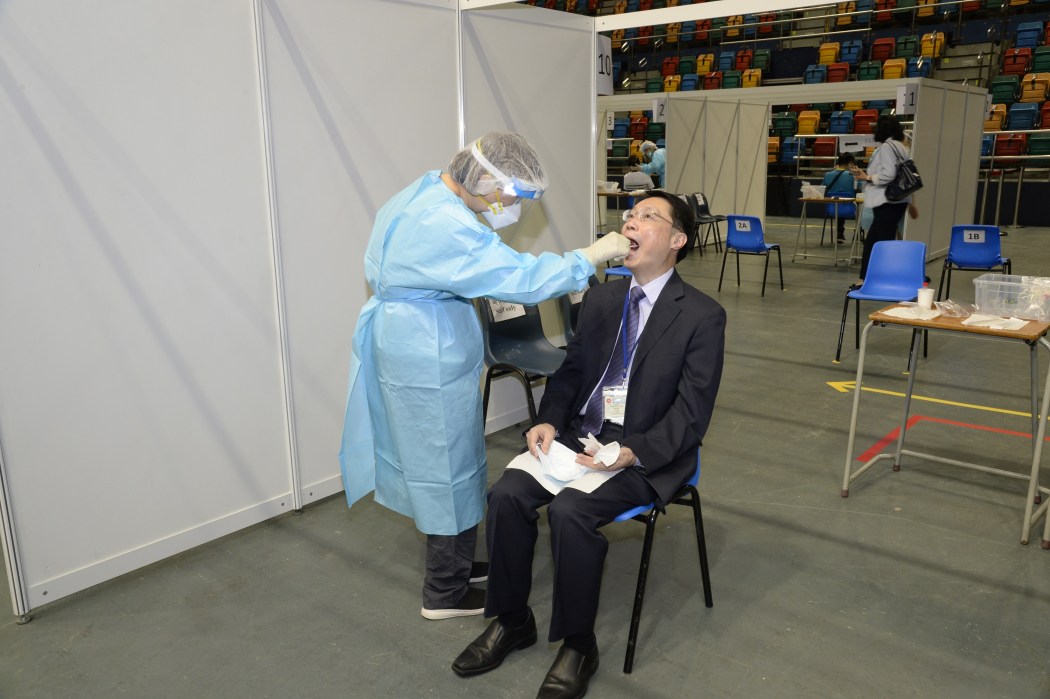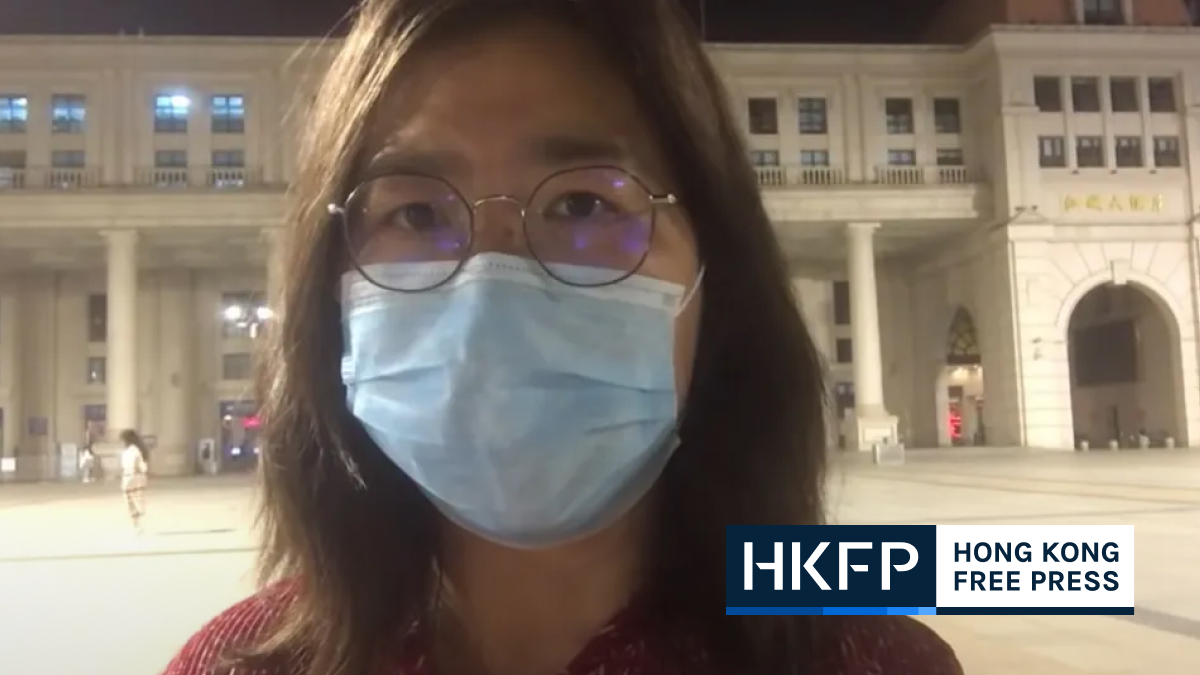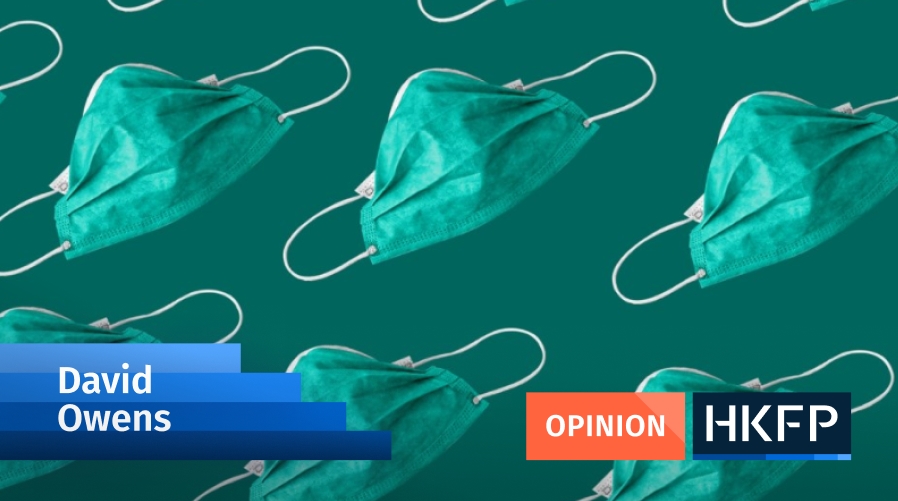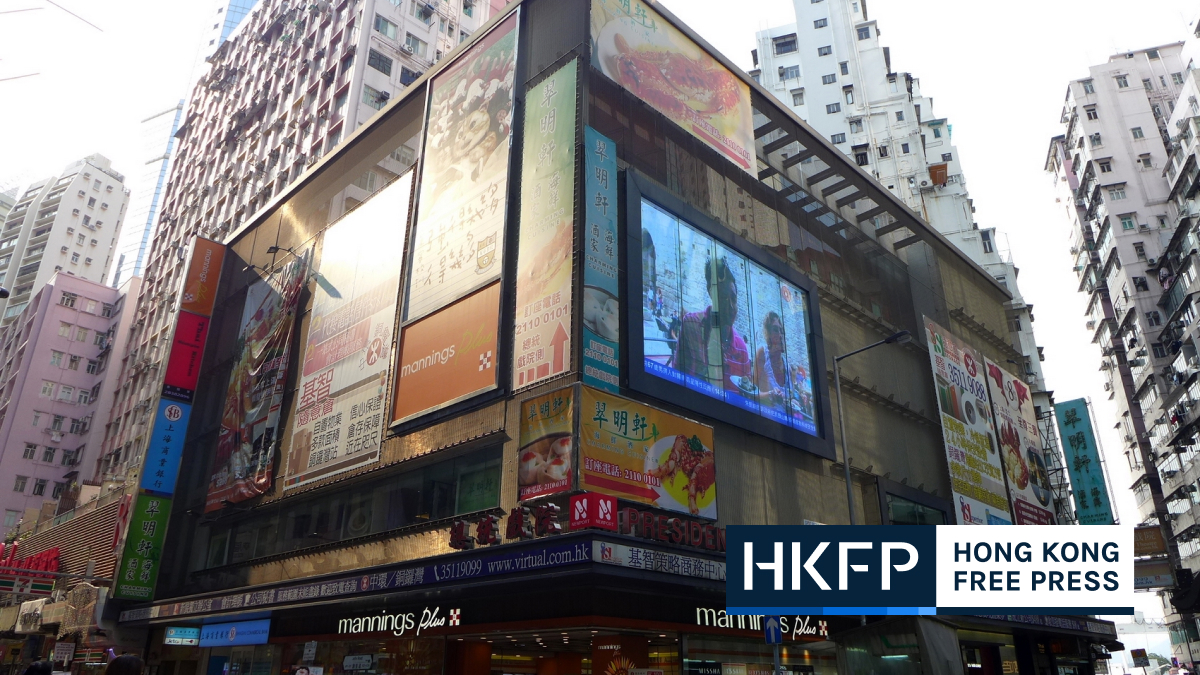A respiratory disease expert has questioned the government’s plan to simplify Covid-19 testing by dropping the nasal swab element of tests to leave only throat swab at some facilities, saying the throat swab alone is not as sensitive.

From Tuesday onwards, free tests offered at community testing centres and the airport will adopt the simpler method to make sample collection faster and boost testing capacity, the government said. It said the tests’ accuracy will not be affected.
Self-paid testing services, meanwhile, will not be affected, unless otherwise requested.
Lower sensitivity
Respiratory medicine specialist Leung Chi-chiu, speaking on an RTHK programme on Monday, said he “could not understand” the policy change, especially when it applied to people required to undergo compulsory testing. The doctor cited overseas studies saying the sensitivity a combined swabs reached about 97 per cent, while a throat swab was only around 68 per cent.
“About one-third of that sensitivity was lost,” Leung said. “With the government putting many resources into this… if the tests are mandated, but a less sensitive method is adopted, it goes against the original intention of [safeguarding] public health.”

When announcing the policy change, the government said throat swabbing was recommended by mainland Chinese health authorities for large-scale testing. But Leung said the situation in Hong Kong was different.
“The mainland does not have good herd immunity and attempts to avoid cross infection during testing, therefore there is a need to streamline the procedures,” he said.
As Hong Kong had started returning to normalcy and was protected with herd immunity, Leung said Covid-19 testing could generally be reduced and conducted only in a specific area if there was a risk of transmission.
Ex-health chief admits underestimating 5th wave
In an interview with Ming Pao on Monday, former health chief Sophia Chan admitted that authorities had underestimated infection numbers but denied being underprepared.
At the height of the outbreak, which saw reported daily cases of Covid peak at more than 76,000 in early March, public hospitals were overwhelmed and patients, including children and the elderly, were left to wait outside emergency rooms in the cold.
Hong Kong has recorded more than 10,000 deaths since the fifth wave began on December 31 last year.

Chan told Ming Pao that “preparedness and response” were needed in handling an infectious disease outbreak, and at that time health authorities believed they were well-prepared, and were ready to respond if the situation worsened.
“Just because problems emerged in our response, that does not mean [we] prepared poorly,” Chan told the newspaper.
But she admitted the government could have done better at making hospital beds available and been more flexible in its arrangements.
When asked if the previous government should apologise to Hongkongers and the families of those who died, Chan was quoted as saying “[t]here is no point fixating on this issue. [We should] look forward.”
Hong Kong reported 4,988 cases on Sunday, bringing the total number of cases to 1.95 million and related deaths to 10,470.
Support HKFP | Policies & Ethics | Error/typo? | Contact Us | Newsletter | Transparency & Annual Report | Apps
Help safeguard press freedom & keep HKFP free for all readers by supporting our team















